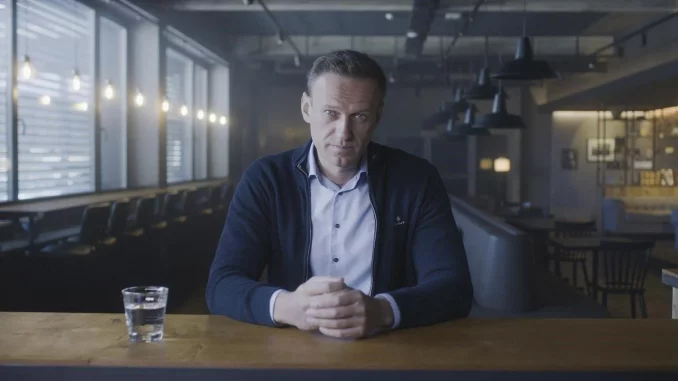
The death of Russian pro-democracy activist Aleksei Navalny, although not completely surprising, stunned and saddened many around the world. His courage and willingness to challenge power was an inspiration worldwide.
In 2010, after some flirtation with Russian nationalist politics in his early adulthood, the young lawyer began to investigate and then critique corruption in the Russian oligarchic capitalist system. He exposed bribery and embezzlement, as well as the accumulation of riches by politicians and oligarchs alike, calling Putin’s United Russia Party the “party of crooks and thieves.” He ran a few sure-to-fail campaigns for office and built an organization called the Anti-Corruption Foundation (FBK), with hundreds of thousands of followers. This earned him the wrath of the authorities, and he was arrested, harassed and attacked, and eventually almost killed by poisoning in 2020. Although more or less safe and healthy in Germany, he made the courageous decision to go back into Russia, believing that he would not be able to effectively lead and inspire his followers from exile. His arrest upon arrival in Moscow led to his imprisonment and now death.
But despite his commitment to democracy and government transparency, and despite his courage in the face of physical threats to his life, we must recognize the limitations of his goals and the limitations of his methods.
Demands to get rid of so-called corruption within capitalist-democracy is like asking for a car to run without gas. The enrichment of a small capitalist ruling class is the goal, and spreading around the riches to those who help them get richer, well, that’s just part of the game. Navalny’s movement in no way directly challenged the capitalist political-economy that shapes Russian society, and is the very reason why Russia (and the rest of the world) do not have true democracies in the first place. To have democracy, you need to get rid of capitalism.
And Navalny didn’t base his movement on the one force that can potentially get rid of capitalism and open the door for real democracy: the working class. His was a movement of middle class reformers, with perhaps admirable and idealistic intentions, but without the right focus or position in the economy to make real change.
So while his courage and willingness to sacrifice were admirable, these characteristics and his movement could not and cannot challenge the political-economic structures that dominate Russia and the larger world today.
Those structures can’t be changed by a political reform movement that doesn’t address the economic base of that system. Only a movement of the working class, aimed at ending the capitalist economic system, will have the focus and the potential power necessary to bring into being the true democracy he and so many others earnestly desire.

